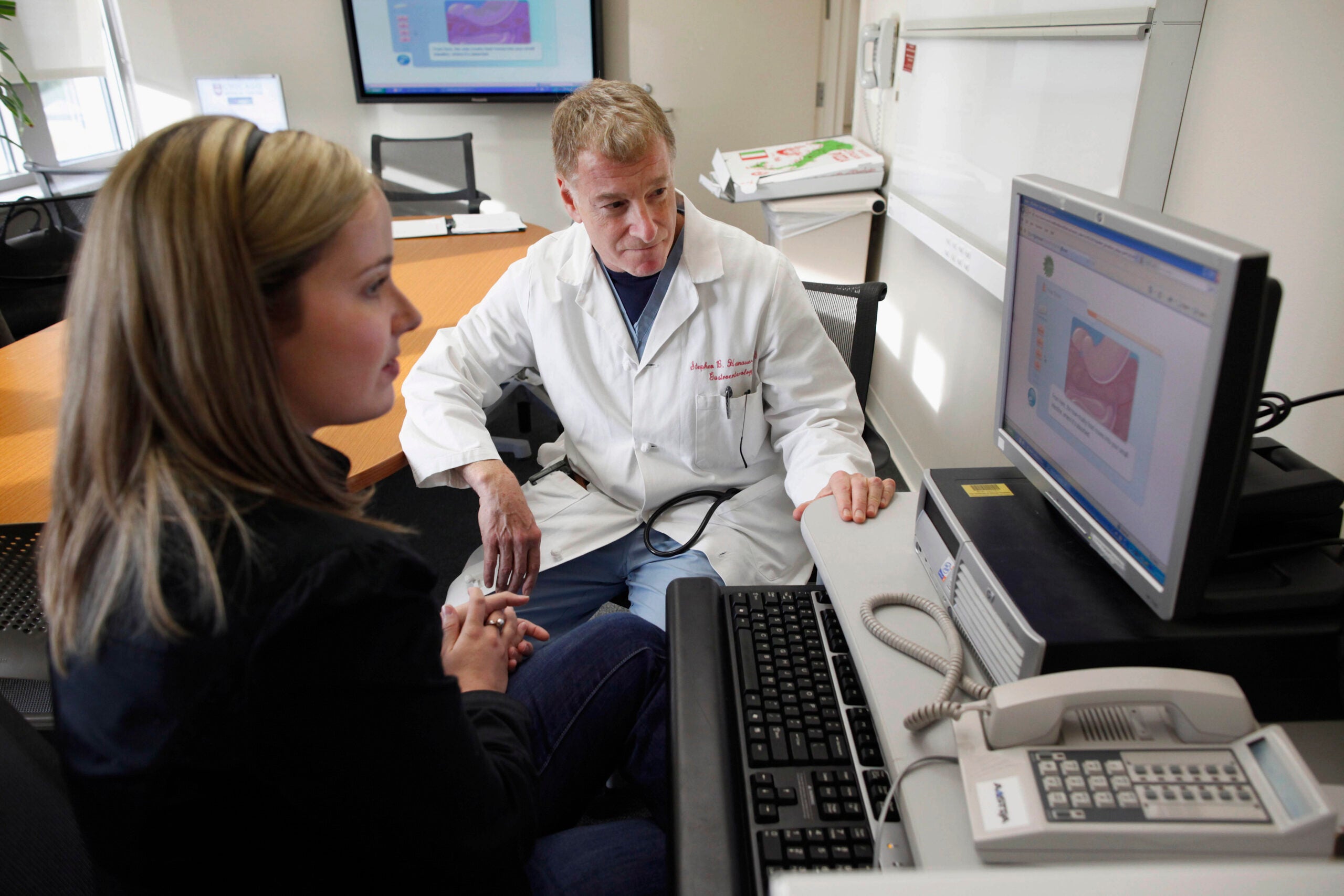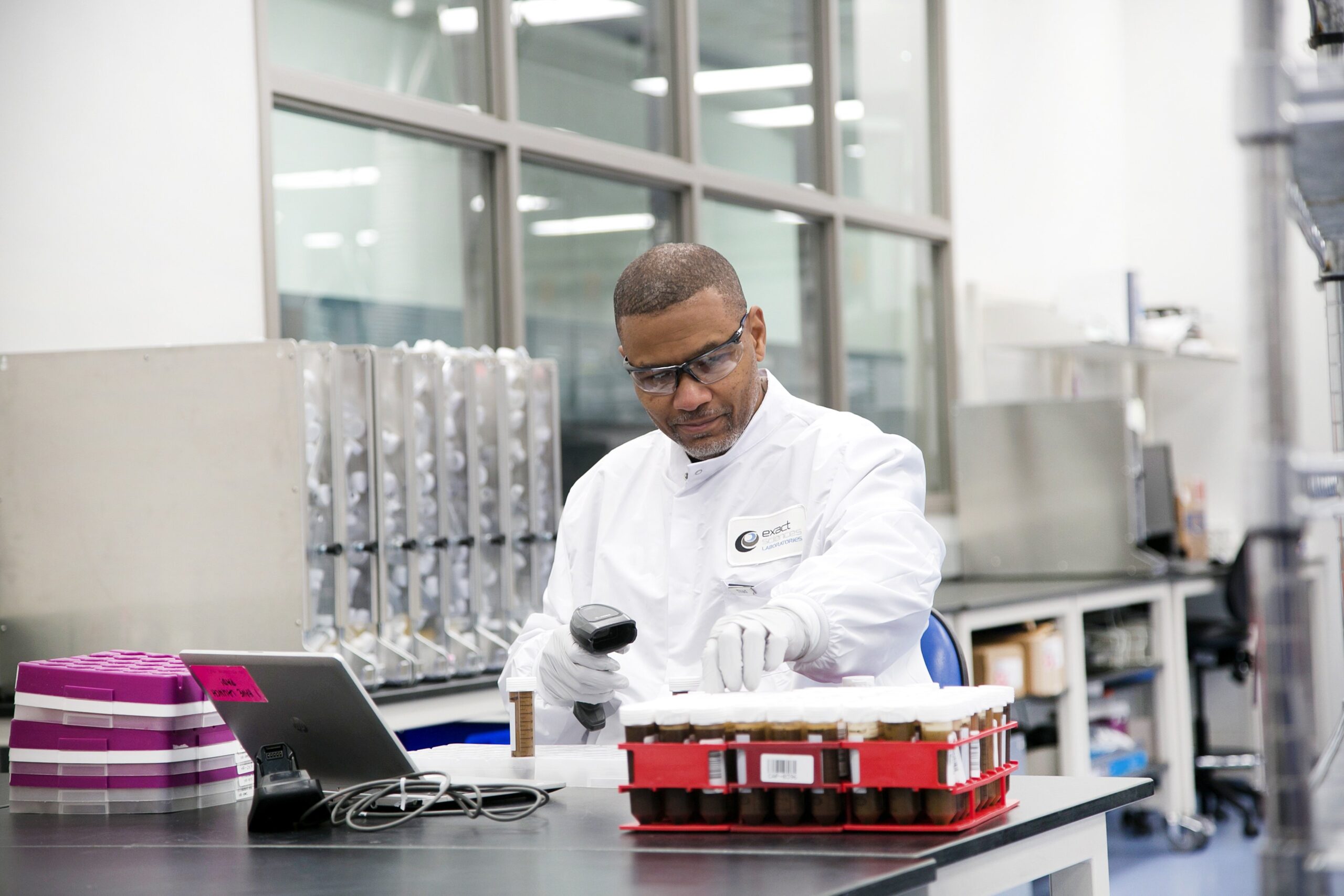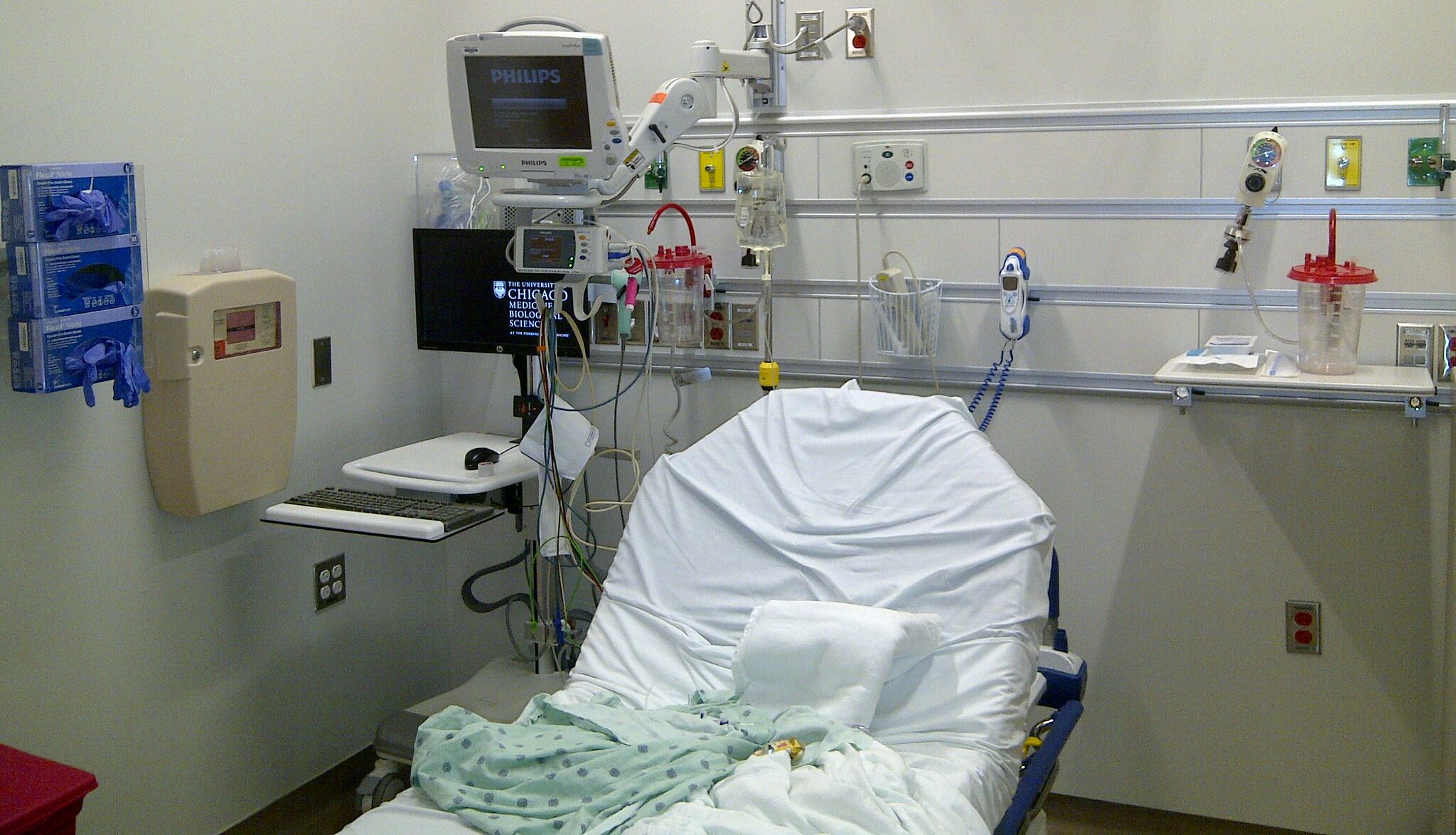Raise your hands: Who’s excited about getting screened for colon cancer?
No hands raised, I see. Hmm, you’re right.
Anything that concerns poop isn’t funny, unless you’re a 5-year-old making jokes. And a colonoscopy is no joke.
News with a little more humanity
WPR’s “Wisconsin Today” newsletter keeps you connected to the state you love without feeling overwhelmed. No paywall. No agenda. No corporate filter.
A recent article in the Journal of the American Medical Association shows that when it comes to having a colonoscopy, it might be OK for some folks to have the screening once every 15 years instead of once every 10 years.
About 150,000 people in the U.S. are diagnosed with colon cancer every year, with 50,000 deaths. We’ve moved initial colon cancer screening to age 45, as more and more people are getting it earlier. We don’t know why that is, but we know that diet, exercise, lifestyle choices and other factors play a role.
The question now involves how often you should be checked for this cancer. For years, the thought was every 10 years, but we might be able to extend that.
The recent JAMA study comes out of Sweden, where there is one insurance company: the government. They maintain good records of their population, from birth to death, so they’re a good group to study.
The Swedes looked at the “cumulative” risk of colon cancer from millions and millions of people, finding out that if a first colonoscopy was negative, the risk of developing colon cancer came 15 years later, not 10 years later.
Colon cancer is known to be a slow progression of some “abnormal” polyps, thus turning into cancer. It’s very slow, indeed.
Who is getting screened? Well, not all of us, that’s for sure — 1 in 3 people who should be getting screened for colon cancer are not. Dismal numbers.
We know not everyone needs an actual colonoscopy. Cologuard is an excellent alternate screening method you can do in the privacy of your home.
How often do you need to do that type of screening, if that’s the way you go? At this writing, it’s every three years, but I expect that will soon increase to every five years.
You also can do a yearly stool test, looking for “occult blood.” That needs to be done yearly, but is cheaper than a colonoscopy or Cologuard.
If you have a family history of colon cancer, it’s critical that you’re screened earlier and more often. Screening recommendations for the general population don’t apply to you.
My spin: So what can you do to help prevent colon cancer?
According to the Centers for Disease Control and Prevention, regular physical activity, a better diet (that means a more Mediterranean diet), getting to a healthy weight, limiting alcohol and, of course, avoiding tobacco all reduce your risk of colon cancer.
So live right and get screened as needed. And stay well.
This column is the opinion of the author, © Copyright 2024. Dr. Zorba Paster is a family medicine physician practicing in southern Wisconsin. Consult a health care provider for personal health information. The opinions expressed aren’t meant to reflect the views of Wisconsin Public Radio, its employees, the University of Wisconsin-Madison or the Wisconsin Educational Communications Board.
Zorba Paster On Your Health airs on WPR News Saturdays at 1 p.m. and Sundays at 6 p.m.
This column is the opinion of the author, © Copyright 2025. Dr. Zorba Paster is a family medicine physician practicing in southern Wisconsin. Consult a health care provider for personal health information. The opinions expressed aren’t meant to reflect the views of Wisconsin Public Radio, its employees, the University of Wisconsin-Madison or the Wisconsin Educational Communications Board.
Zorba Paster On Your Health airs on WPR News Saturdays at 1 p.m. and Sundays at 6 p.m.






